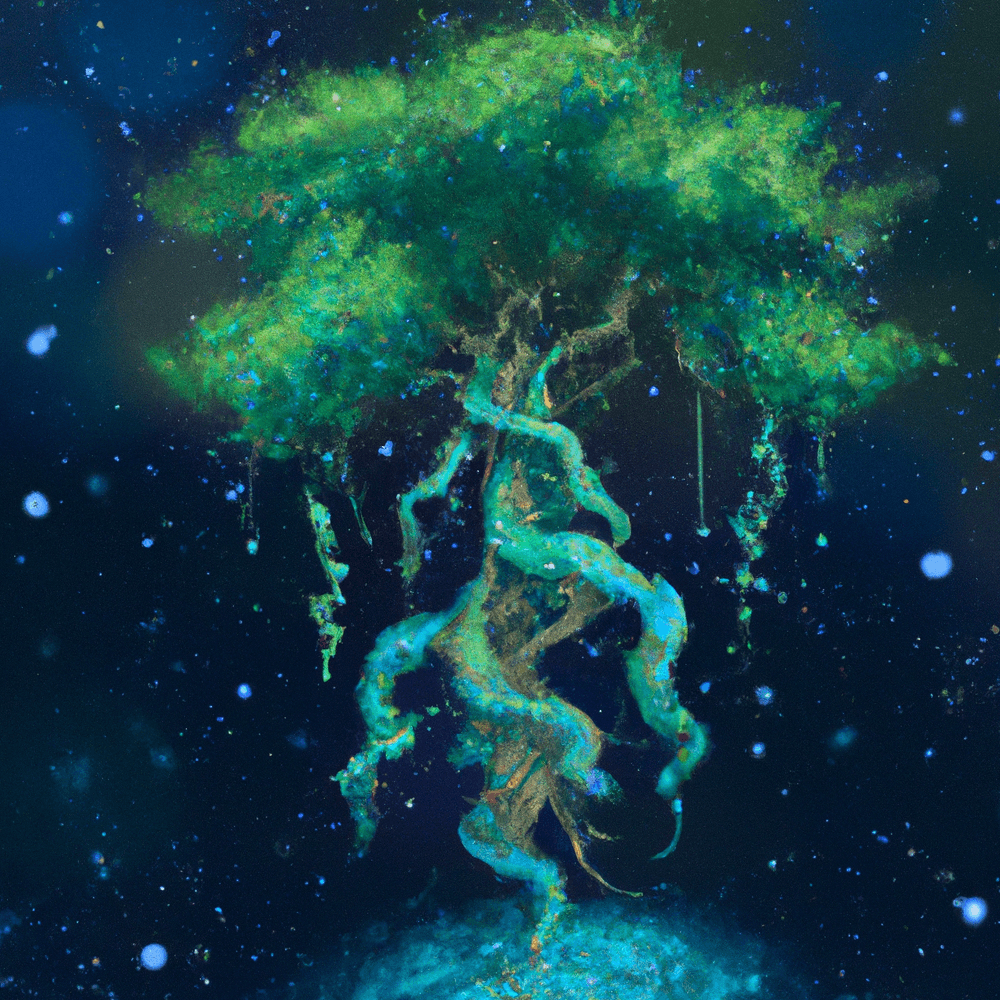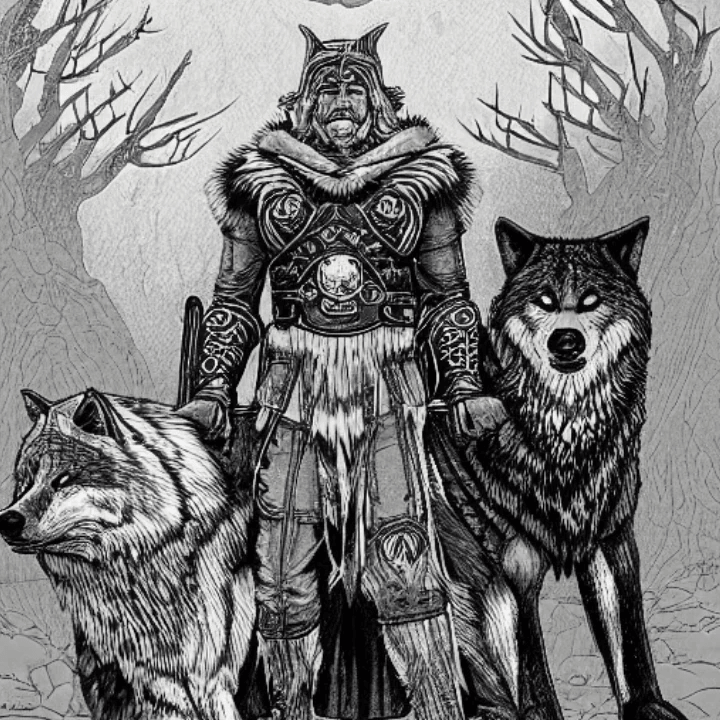Thor and the Tale of Utgarda-Loki
The Tale of Utgarda-Loki is one of the most famous stories from Norse mythology. The story tells of a journey made by Thor, the god of thunder, and his companions Loki and Thialfi to the land of the giants, where they were tested and humbled by the giant king Utgarda-Loki.
As the story goes, Thor and his companions arrived at the castle of Utgarda-Loki. When they stepped into the great hall where the giant king and his followers were seated, they were immediately mocked by the giants for their small size and stature. To prove their worth and to defend their dignity, the gods challenged the giants to several contests that they believed would play to their personal strengths. These contests included feats of strength, agility, and endurance, and Thor and his companions believed that they could easily win them all.

However, as the contests progressed, it became clear that the giant king was using his magic to deceive and outwit the gods. Confident at first, Loki announced that nobody at the castle could eat faster than him and was faced by a giant named Logi in a contest to eat an enormous plate of meat. Loki, known for his insatiable appetite, eagerly took up the challenge, but was quickly outmatched when Logi consumed both his meat, bones and even the wooden dinnerplate faster than Loki could eat just the meat.
Thialfi, known to be one of the fastest runners that the world had ever seen, then challenged the giants to a race. Answering his challenge was the giant named Hugi. Time and time again they raced against each other on a mountainous track around the castle, with dismayed Thialfi falling further and further behind in each consecutive race.
Outraged by the results, Thor demanded a drinking contest, a pastime that he had an immeasurable skill, practice and pride in. A great horn filled with mead was brought out into the hall by the giant king’s servants, and Thor was challenged to drain it in three breaths. Believing this was an easy challenge, Thor immediately tipped the horn taking powerful gulps from it. However, within minutes of heavy drinking, he noticed that the level of mead in the horn was barely depleting. Surprised, Thor stopped to catch his breath staring at the frothing mead in disbelief, only to return to drinking with redoubled vigor. After his third and final break, the horn was drained only halfway by his efforts.
To make a mockery of the gods' attempts to beat giants in their challenges, the giant king Utgarda-Loki pointed his finger at a cat resting in the corner of the great hall and suggested that in the next trial Thor had to be at least able to lift his pet off the ground. Insulted, Thor jokingly accepted the challenge, but quickly found that no matter how hard he tried he could barely lift the cat's front paw off the ground. Furious with the giant king’s trickery, Thor challenged anyone in the castle to wrestle with him. To further ridicule Thor, the giant king called up an elderly servant woman named Elli who was cleaning up the hall after the giants' feast. Even with his great strength and endurance, Thor struggled for hours, but was eventually worn down and defeated by the elderly-looking Elli.
The contests were over, and humiliated Thor and his companions spent the night at the castle. Next day, after stepping outside the walls of the castle, Utgarda-Loki revealed to them the true nature of the contests. Even though they lost all of the contests, all of them performed great feats unachievable by mortal men.
Loki was competing against the fire itself (Logi – ‘fire’ in Old Norse), but nonetheless he was consuming his food nearly as fast. Thialfi raced against thought itself (Hugi – ‘thought’ in Old Norse), and despite that still made it half way to finish line. The other end of the drinking horn from the feasting contest was connected to the sea, and Thor drank a good half of it before setting the horn down greatly scaring the giants that he would drain it whole. Even the cat was no ordinary pet but the World Serpent in disguise, and Thor still managed to lift part of it in the sky over the already depleted sea. As for the final challenge, the elderly woman was aging itself (Elli – ‘age’ in Old Norse) and Thor took an eternity to be defeated by it.
Utgarda-Loki then finally demanded that Thor and his companions were to leave and never come back for the well-being of both giants and gods themselves. Greatly insulted and infuriated by the revealed trickery, Thor grabbed his hammer ready to slay the giant king and level his castle, but when he turned around, he was faced by an empty field with Utgarda-Loki and his castle vanished into thin air.
Meaning of The tale of Utgarda-Loki
The tale of Utgarda-Loki is often interpreted as a cautionary tale about the limits of human ability and the power of deception. It is a reminder that even the strongest and most powerful among us can be humbled by forces beyond our control, and that our perceptions of reality can be easily manipulated and distorted.
At the same time, the story also emphasizes the importance of perseverance and courage in the face of adversity. Despite their defeat, Thor and his companions did not give up, but instead continued on their journey, determined to face whatever challenges lay ahead.
Today, the tale of Utgarda-Loki remains an important part of Norse mythology, serving as a reminder of the complex and multifaceted nature of the Norse gods and their very relatable imperfections. It is a testament to the enduring power of these ancient stories, and their ability to inspire and challenge us even in modern days.


